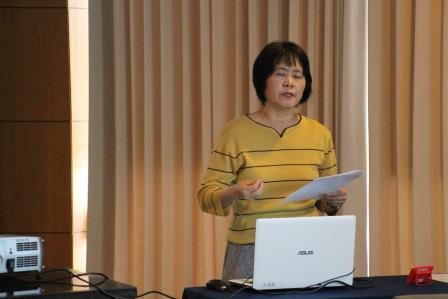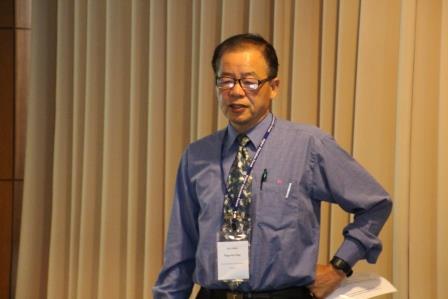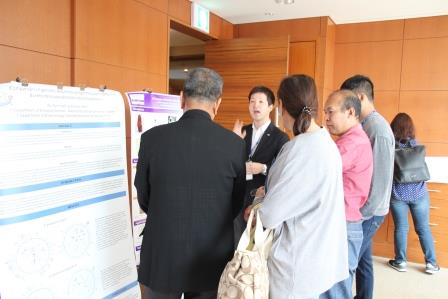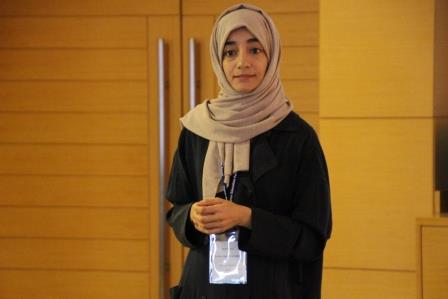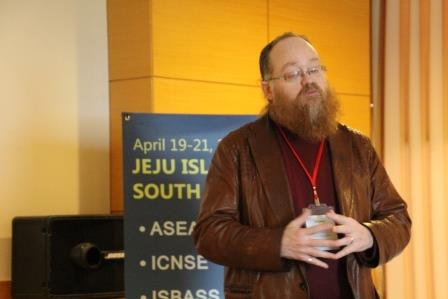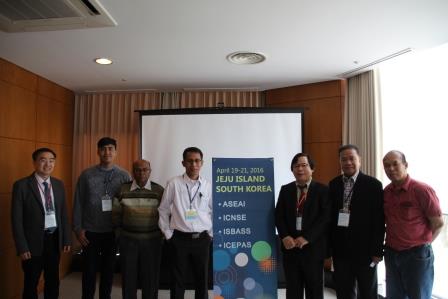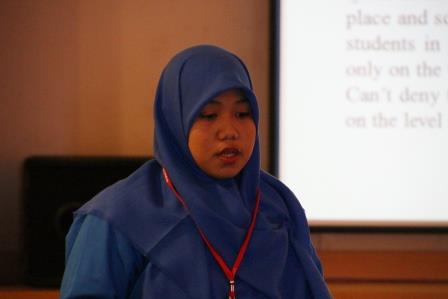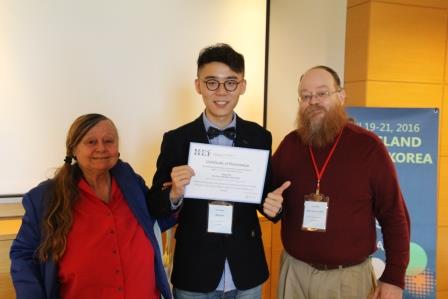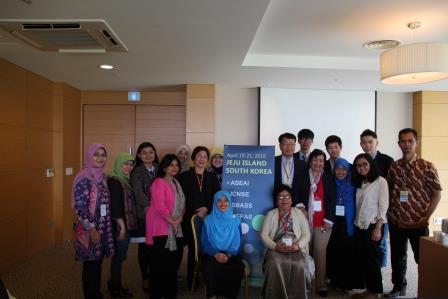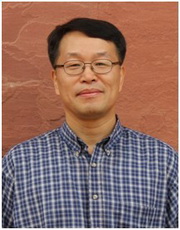2016 ISBASS
International Symposium on Business and Social Sciences
April 19-21, 2016 Seogwipo Jeju Kal Hotel, Jeju Island, Korea
Keynote Speaker
Jongho Kim
Professor
Department of law, Hoseo University
South Korea
Topic: The Human Rights Protection within the Corporate Doing Business- Theory, Policy, and Law –
Ladies and gentleman of the scholars, researchers, and government officers or businessman who joined this wonderful event, welcome to peaceful island, Jeju. It is my honor having me with this international symposium as a local host and keynote speaker. I just wanted to express my heartfelt gratitude on behalf of the board of committee of ISBASS. I am extremely grateful to given opportunity to deliver today’s common topic of the legal landscape regarding ‘business and human rights.’ Considering time limitation, however, I would try to briefly explain the broader legal landscape regarding business and human rights and am trying to highlight some legal points.
One of the primary goals of the Constitution of modern civilized countries, except some rogue states (i.e., North Korea), is to protect fundamental human rights and human dignity of their citizens. The Constitution enumerates these fundamental human rights and manifests that such fundamental rights must not be infringed by states, business entity, and even individuals unless otherwise prescribed in relevant laws and regulations that are delegated by Constitutions. The framework of the legal protection of the fundamental human rights and the right to conduct business are specified by laws subordinate to the Constitution, such as the Civil Code and the Commercial Code. Among the rights guaranteed by the Constitution is the right to conduct business. There are also numerous statutes that prescribe the protection of fundamental human rights and the right to conduct business in specific contexts.
Asking to protect human rights against business enterprises with same standard of nation or states, however, is not easy job because both are different in their commitment roles. It is a common knowledge that corporation’s impact and social status in the nation and states have been greatly expanded since 19th century. It is only a short time since human rights treated in the international perspective whereas those have been treated within domestic issues. A current regulatory scheme against Human Rights Framework on Corporate Business are different across countries around the world. The government, civil society and international organizations have been various trying to find out solutions of market failure with business associations. Therefore, I will deliver the implications of argument for counter measurement of Human Rights for business in my key note speech.
The government, citizens, business associations must be cooperated to encourage of human rights consciousness that may be accepted in daily life as a common norm in naturally and under socially accepted rationale. At the heart of this policy framework actually lies the bond of sympathy of how anyone comes to know the things they know about human rights.
ICC selected the framework as an agenda for 2010 Forum on National Human Rights Institutions and multi-party conferences opened in 2011, in individual continental workshop, for the Regional Action Plan on Ruggie’s Framework. Anglo-American market based approach is very miserly in policy and regulation whereas Germany and Northern Europe countries, so called continental legal system jurisdiction, actively try to seek enactment for those issues. ISO 26000, UNGC, ILO labor standard, OECD guide line etc. should make single voice on the business and human rights, and anybody should can be presented consistent standard for business associations.
The key words in my speech are included (i) business, (ii) Human Rights, (iii) Corporate Social Responsibility, (iv) Human Rights Policy Framework, (v) transnational corporations.
Brief Introduction of Prof. Jongho Kim
Professor Jongho Kim is an experienced legal expert with numerous advanced law degrees earned with high honors–LL.B. (equivalent of Juris Doctor in Korea); MA and Ph.D. in Legal Studies; LL.M. at the University of Minnesota School of Law and Washington and Lee University School of Law; and SJD (Doctor of Juridical Science) at the Indiana University School of Law-Indianapolis. Professor Kim honored with “SungKyunKwan University Outstanding Scholar Award” as an undergraduate.
Professor Kim, as a leading corporate reorganization specialist in Korea, published numerous academic papers on commercial law & civil non-litigation cases; business law; contracts; auctions; involuntary bankruptcy; and corporate reorganization; sports & entertainment; insurance; maritime; anti-trust law; and financial law in the journal of the world i.e., U.S, UK, France, and Korea. Professor Kim lectured on property law, commercial paper, contracts, corporate reorganization, international business transactions and antitrust law at Indiana University School of Law-Indianapolis, Korea
Banking Institute, KD Partners CRC and others. He was an adjunct professor at the Konkuk University School of Social Science when he served clerk of court for Seoul Central District Court in several years ago.
Since 2010, Doctor Kim joined as a Professor of Law at the department of law, School of Social Science, at Hoseo University. Currently, he served as a dean for the Dep’t of Law at Hoseo University and director of legal research institute at same school. Professor Kim was a visiting researcher at Korea Business & Law Institute, and member of several academic legal societies including Korean Corporate Law Society; and vice president of Korean Law Academy Society; vice president of Korea Society for Legal Theory and Practice Inc. As a counselor at law (Jur., Korea), Professor Kim has charged of the Chairman of Public Hearings for Asansi, and the Mediator for Cheonansi, Korea.


